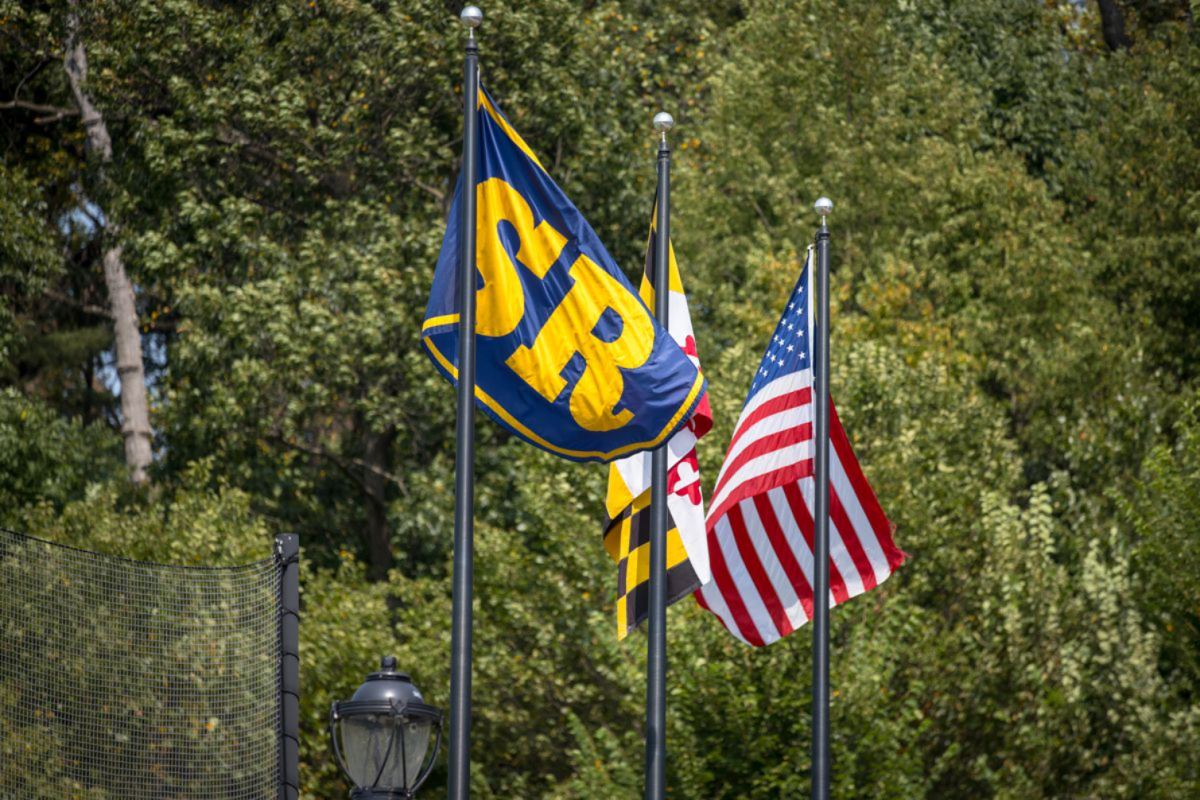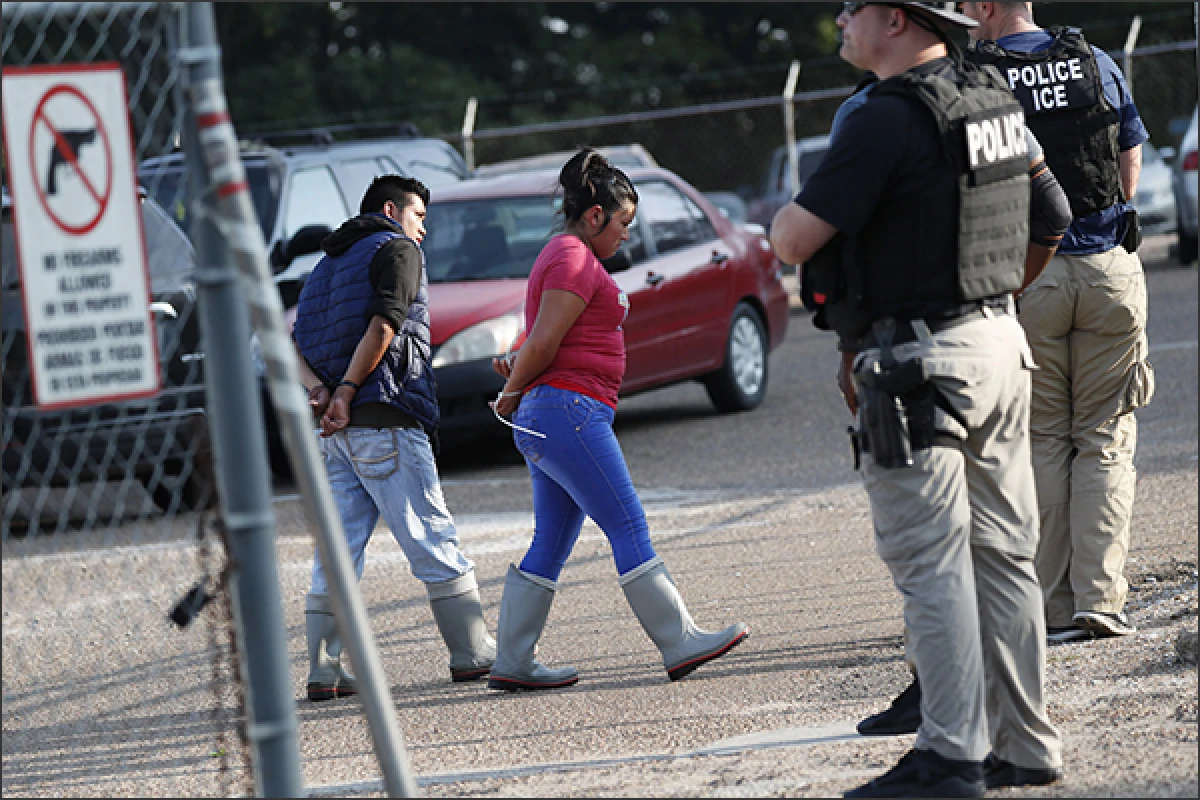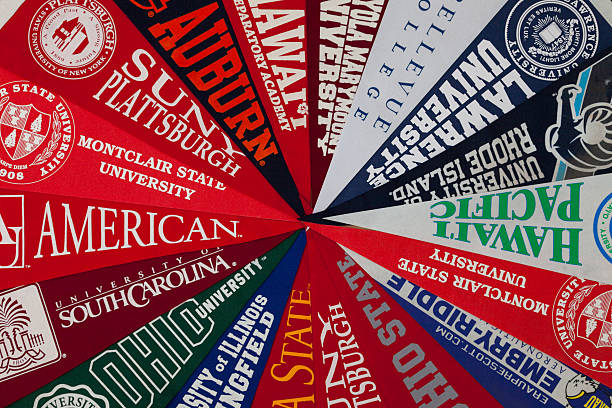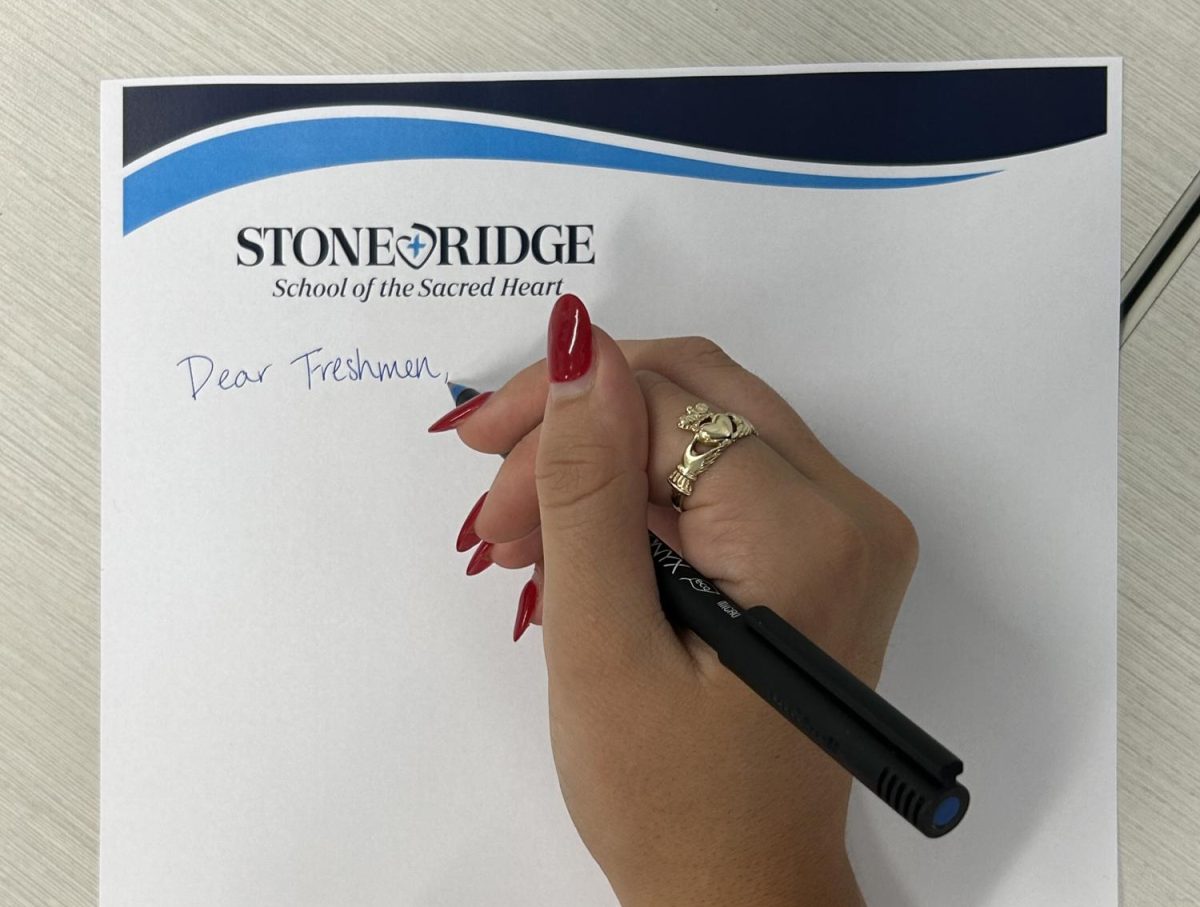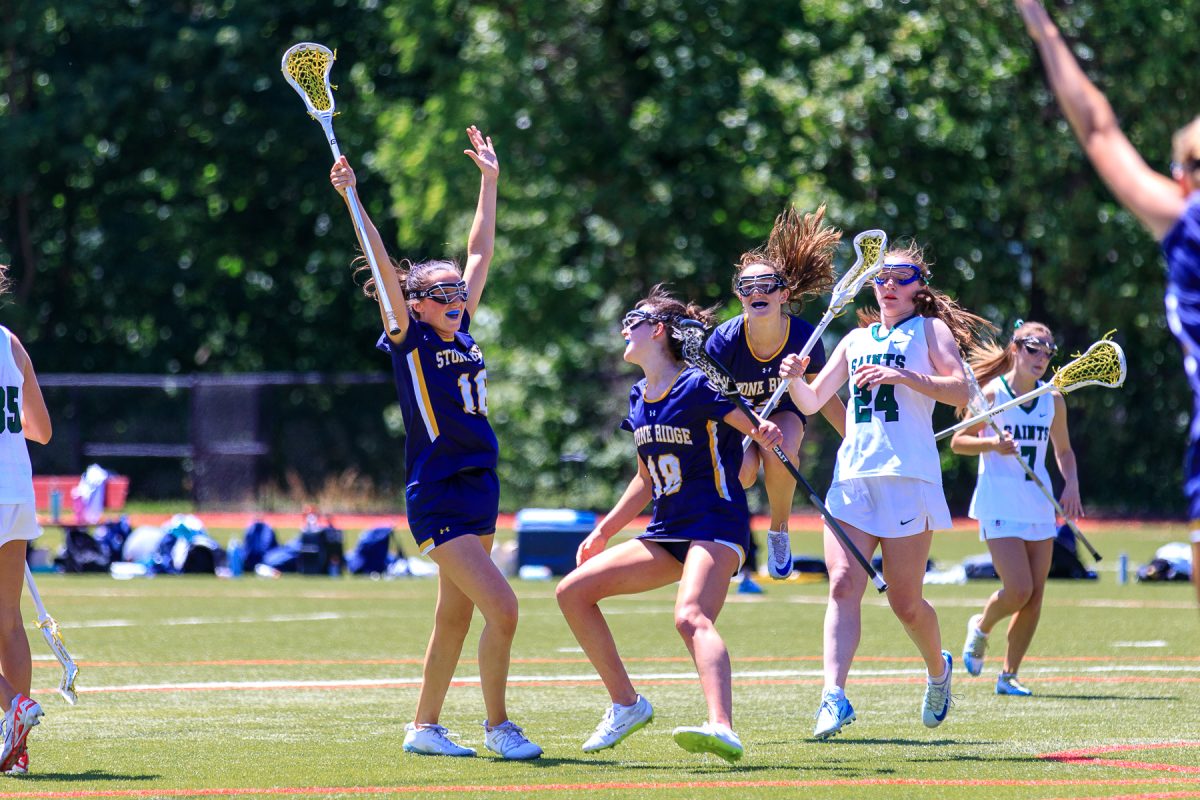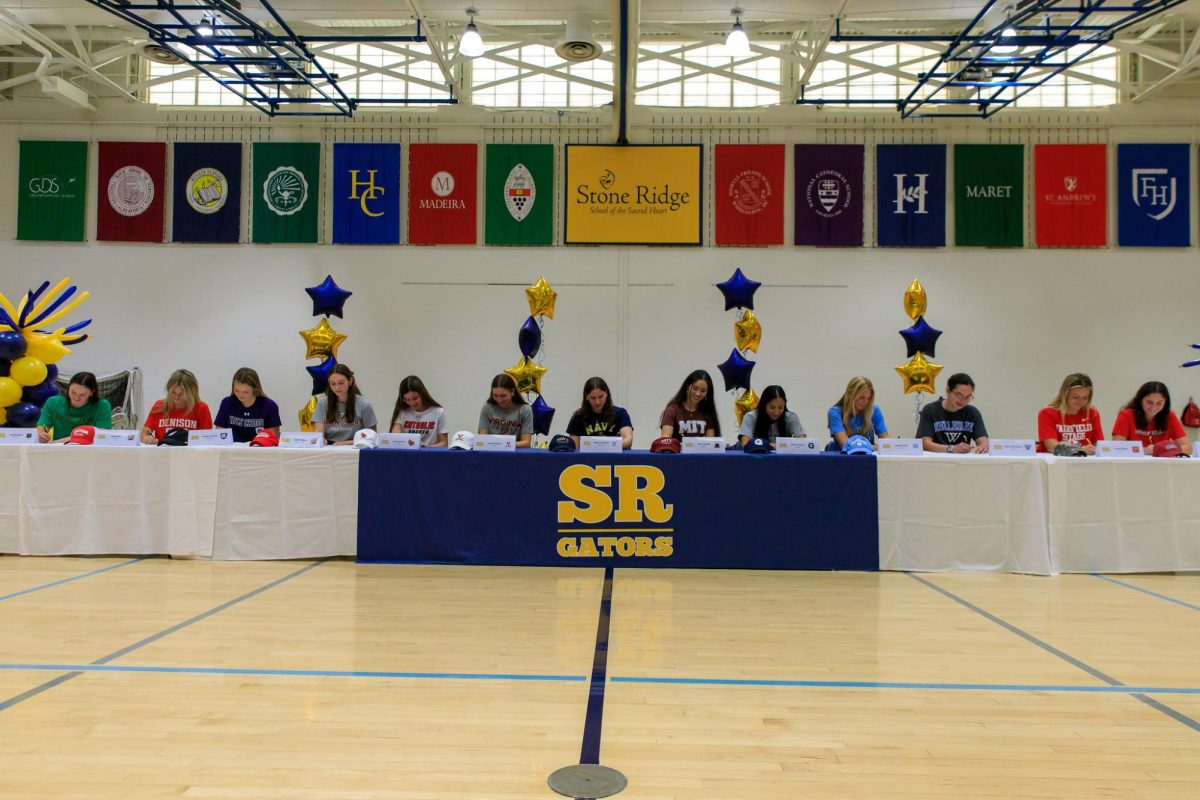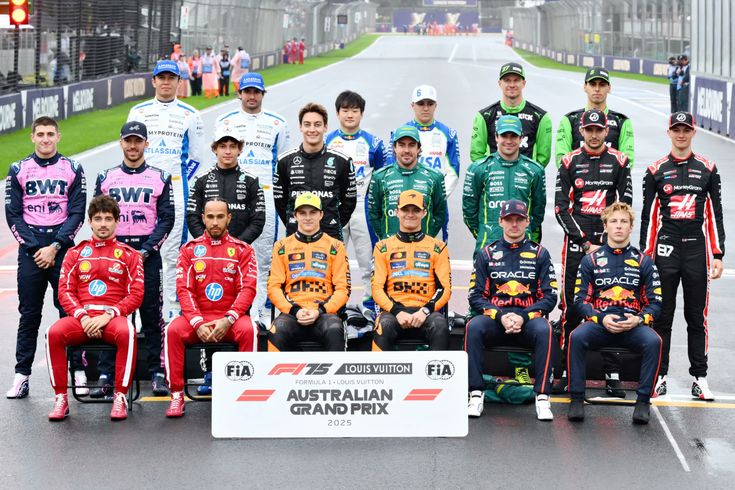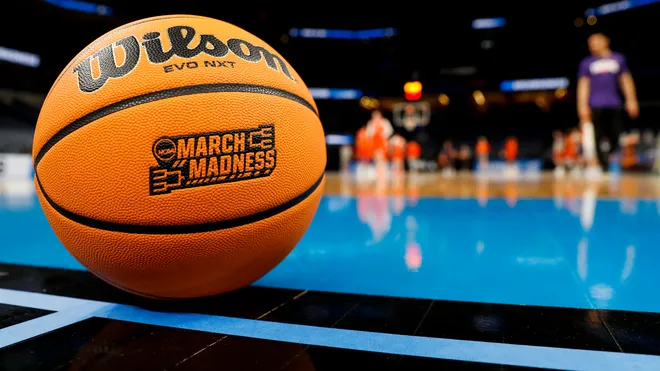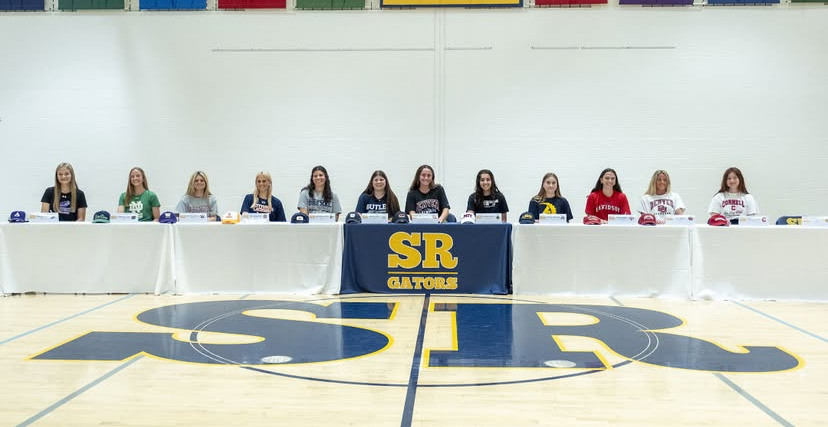According to NCAA, more than 8 million students play sports in high school…but only 6% of those student athletes go on to play in college. You might be wondering, why is this percentage so low? First there is the physical toll that elite sports takes on an athlete, sometimes leading to burnout even before graduation. But students also discover throughout the recruitment process that you have to really love your sport in order to continue in college.
The recruiting process can be a brutal one, and many people do not realize the time commitment not only during it but after as well. During the time when a student-athlete is trying to get committed, they need to be attending ID camps (often hosted by colleges, their sole purpose is to scout athletes and connect them with college coaches) as well as other tournaments, all while needing to keep grades up. Athletes also need to create highlight videos and maintain constant communication with college coaches. These athletes also feel pressure to make sure that they are always performing at a high level, especially when there are college coaches watching.
Once an athlete is committed, isn’t that it? Shouldn’t the rest of high school just be easy?
Contrary to popular belief, these athletes need to work harder. They need to diligently keep their grades up, sometimes their college may even choose the classes they take, and they need to be consistently training, or else a verbal commitment could be taken away.
Student-athletes feel just as much stress as their non-athlete peers – just on a different timeline. It starts earlier than when most students are applying to college because not only do student-athletes have to go to ID camps, tour different schools, and accept an offer, but they also have to actually apply to the school. This process can take a toll on many people, which is likely why such a small percentage of high school athletes go on to play in college.
I committed late my sophomore year to play D3 soccer at Catholic University, and I remember people saying to me “Aren’t you so happy to be done?” Yes, I was happy to be verbally committed, but I was not done. I can’t speak for every committed athlete, but it tends to get more stressful after a verbal commitment in order to maintain your offer. Since it is not official until you sign, coaches are still coming to watch you play and checking in with you to make sure your grades are still high.
While student-athletes playing sports in college may not feel the exact same anxieties that other students feel, they still have their own anxiety over the process, just at different times and for different reasons.
